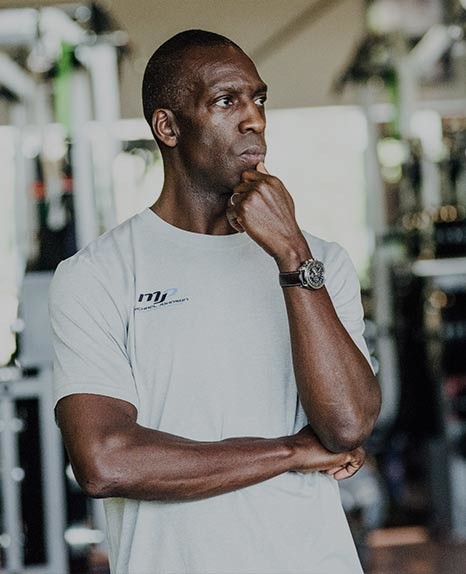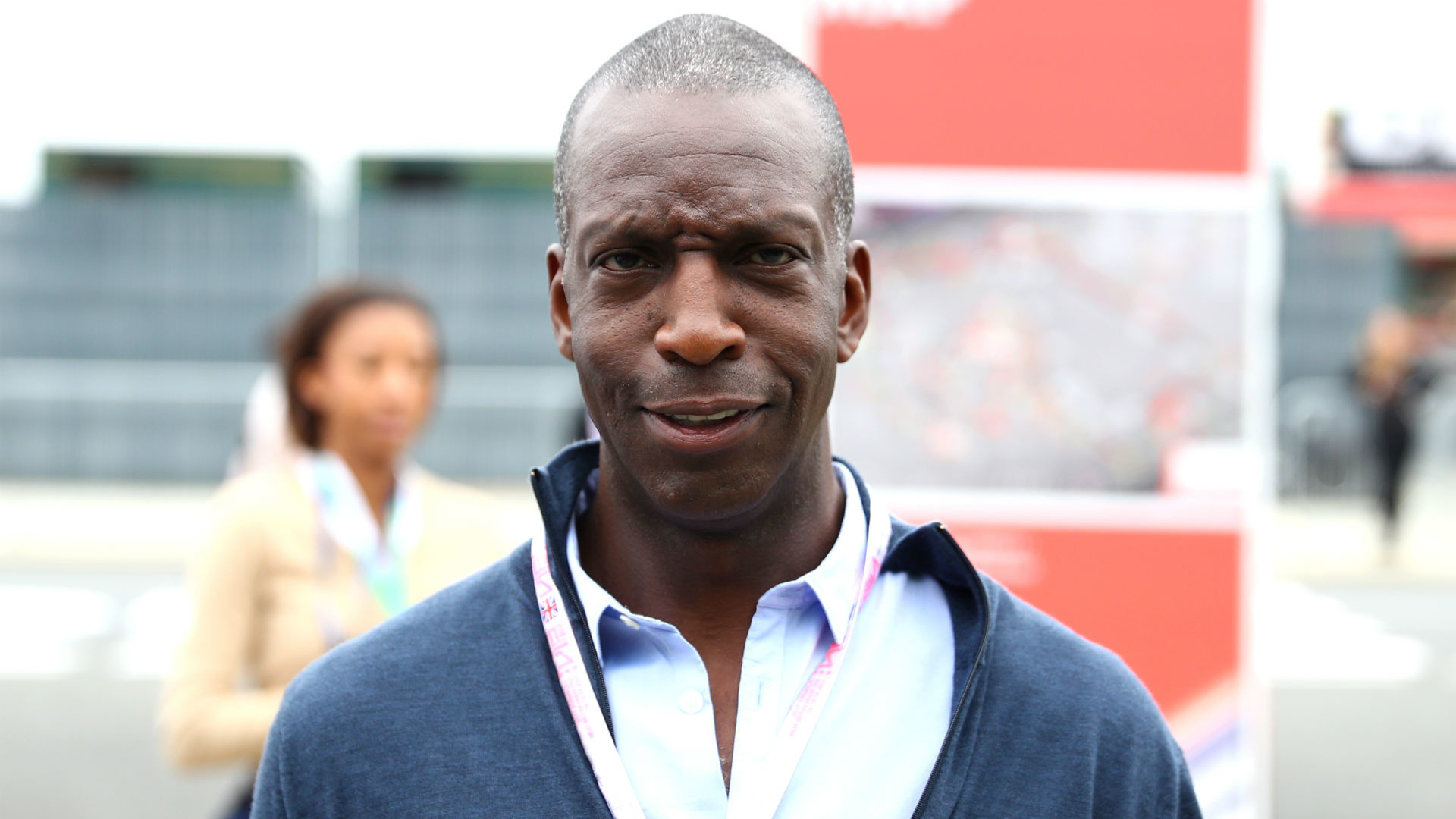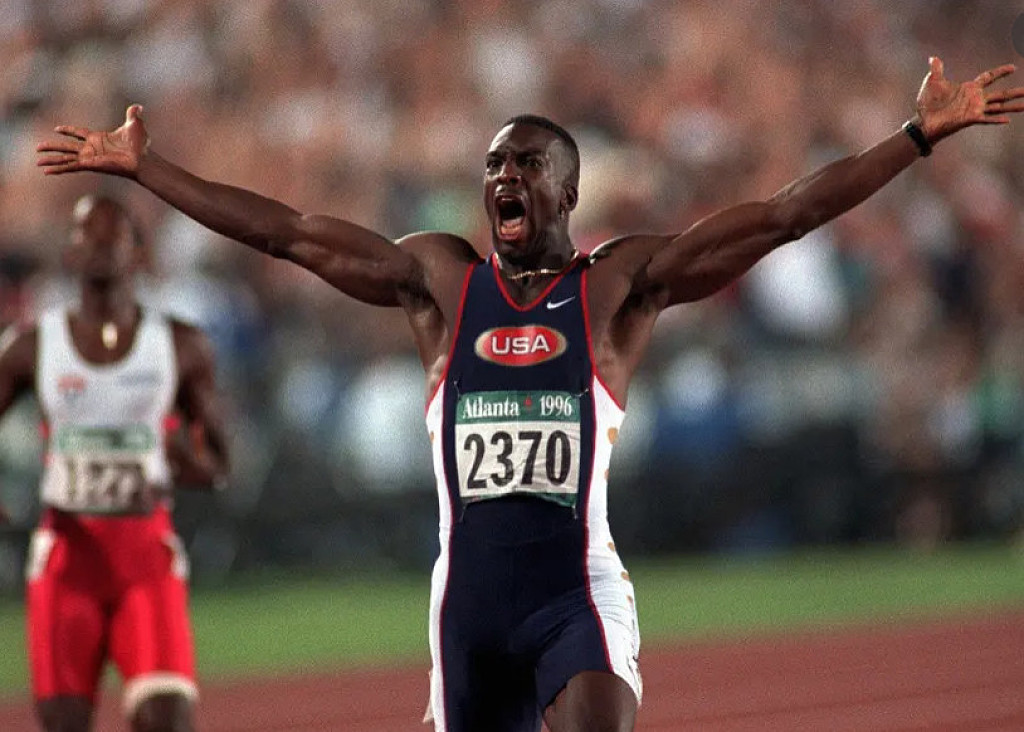Running News Daily
Running News Daily is edited by Bob Anderson. Send your news items to bob@mybestruns.com Advertising opportunities available. Train the Kenyan Way at KATA Kenya and Portugal owned and operated by Bob Anderson. Be sure to catch our movie A Long Run the movie KATA Running Camps and KATA Potato Farms - 31 now open in Kenya! https://kata.ke/
Index to Daily Posts · Sign Up For Updates · Run The World Feed
Michael Johnson suffered a stroke last August and now he talks about his recovery
Michael Johnson is recalling the unusual physical sensations – involuntary movement of his left foot, numbness, “a sort of tingling sensation” in his left arm – that came over him moments after finishing his daily workout in his home gym in August last year. “I hobbled over to my weights bench and thought, am I having a cramp or something? I called my wife Armine over and said: ‘Hey, something feels weird. Something doesn’t feel right.’”
The cause wasn’t a cramp, though, overexertion or an infection. The legendary athlete – a four-time Olympic sprint champion, just 50 years old at the time – was having a stroke. As he tweeted soon after: “It seems these things can affect anyone, even the once-fastest man in the world!”
The confusion he felt was fairly typical, he points out now, eight months later. Many stroke victims do not realize at first that they are experiencing an event that could leave them dead or seriously disabled, potentially for life.

After half an hour spent wondering what to do, Johnson decided to go to hospital. Armine drove him to the Emergency Room at UCLA Medical Center in Santa Monica. It was a wise call. A CT scan, then an MRI confirmed the ER doctor’s diagnosis of a stroke.
Initially, Johnson was angry; angry that someone as determinedly clean-living as himself, with no obvious risk factors – he didn’t smoke, ate healthily, kept fit and had no family history of cardiovascular disease – had suffered a stroke. “I did feel like: ‘Why did this happen to me, when I was doing all the right things?’” But within 24 hours he had gained a different perspective. “It’s natural for anyone to go through that period of anger. I was pretty fortunate to get past that situation [the stroke], with an opportunity to completely recover, which is what I hoped to do.”
Johnson decided to put the same determination that he had brought to his athletics career into recovering from his stroke.
It was an arduous process, both physically and mentally. The first stage of his recovery involved a physiotherapist helping him to learn to walk again using a walking frame.
How did a legendary athlete, a champion, deal with being so helpless? “I think about looking at myself in the mirror, struggling to hold a balance position for more than 10 seconds or struggling to coordinate my body when I used to be one of the best athletes in the world.”
He learned – impressively quickly – to walk, then to walk in a balanced way, and then to be mobile, and then to get up and down stairs. Then he succeeded in eliminating his limp, although that took a month. Then he began working on regaining his strength, power and fine motor skills on his left side. He drew on a key lesson of his path to sporting glory: often progress comes in small, incremental steps. In one of his early progress reports, he tweeted that, while his recovery was going well, relearning the very basics of movement was “gruelling.” But by December he said, “I was almost back to what I would consider my normal. And now, eight months on, I’m 100% recovered.”

Going to the ER might have saved him from a future of dependence and life in a wheelchair.
His advice on how to minimise the danger of stroke is what any doctor or nurse would say. “Be your own case manager. Understand your own health, understand the risk factors and understand how you can take control and minimise the risk. Stop smoking if you are a smoker. Being overweight increases your risk so keep your weight down. Eat a balanced, nutritious diet. Stay active.”
Johnson now takes aspirin, a statin, a blood-thinner and a drug to keep his blood pressure in healthy range. He is is acutely aware that, having had one stroke, he could easily have another. After eight months and a host of medical tests, neither he nor his doctors know what caused his stroke – 30% of strokes have no obvious cause, he explains. Is that frustrating? “No. I mean, I can’t force an answer where there isn’t one. All I can do is do what I do, so I’m OK with that. I kind of have to be.”
by The Guardian
Login to leave a comment
Everyone needs to read their body and seek help before it is too late. Good read and good luck Michael. - Bob Anderson 7/10 9:58 pm |





